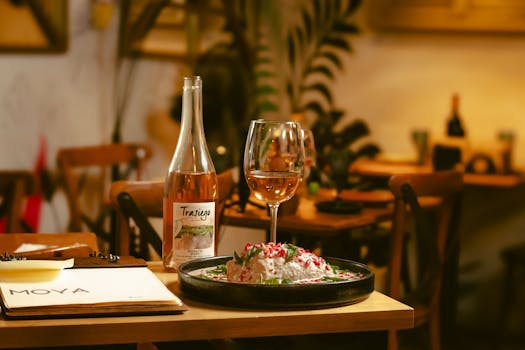You could do a foundation degree, higher national diploma or degree.
Useful subjects include:
- business and hospitality management
- culinary arts or culinary management
- hotel and catering management
Entry requirements
You'll usually need:
- 1 or 2 A levels, or equivalent, for a foundation degree or higher national diploma
- 2 to 3 A levels, or equivalent, for a degree




